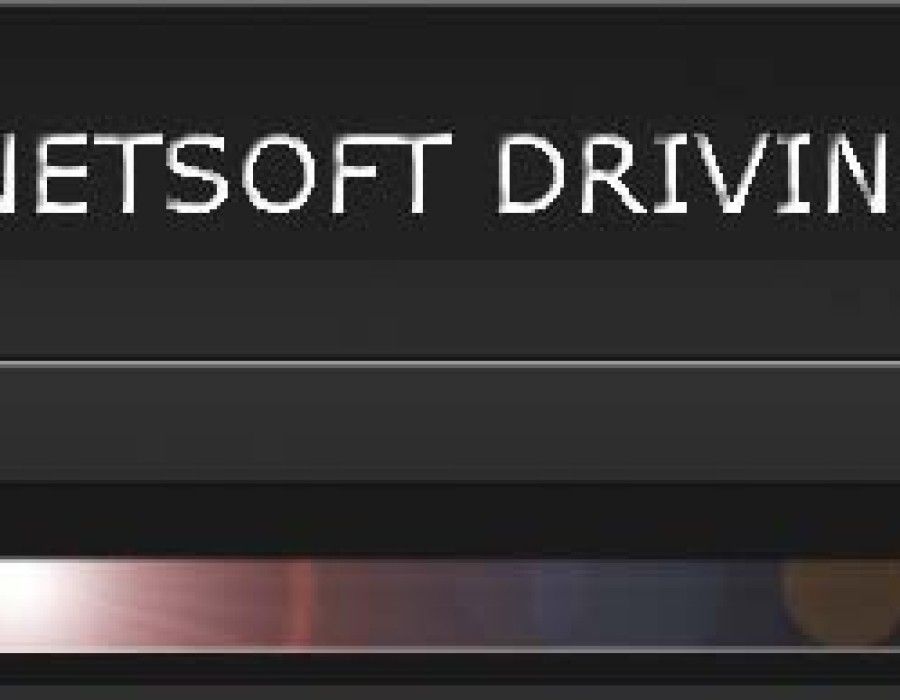Driving simulator software has become an essential tool in behavioral research, especially for studying how people drive in different conditions. This software provides a safe, controlled environment for observing driver behavior, helping researchers gain insights into decision-making, attention, and reaction time without exposing participants to real-world dangers.
What is Driving Simulator Software?
Driving simulator software is a program that mimics real-world driving scenarios in a virtual space. It lets researchers watch and study how drivers react to various situations like traffic, bad weather, or emergencies, all without any actual risk.
The software can simulate:
- Different road types (e.g., highways, city streets)
- Various weather conditions (e.g., rain, snow, fog)
- Traffic situations and accidents
- Sudden obstacles or hazards
These virtual scenarios help researchers understand how drivers handle stress, distractions, or unexpected events on the road.
Why Driving Simulator Software is Important for Behavioral Research
Using driving simulator software offers many benefits to behavioral research:
- Safety: Simulators allow participants to experience risky or challenging driving situations without the danger of real-life accidents.
- Controlled Environment: Researchers can create consistent and repeatable conditions, ensuring that all participants face the same driving scenarios, which improves the accuracy of the results.
- Cost-effective: Running simulations is cheaper than organizing real-world driving tests, as it eliminates costs like fuel, vehicle maintenance, and logistics.
- Ethical Research: Driving simulators make it possible to ethically study dangerous behaviors, like distracted or impaired driving, without putting anyone at risk.
- Detailed Data Collection: Simulators can track detailed information about driver behavior, such as how quickly someone reacts to a hazard or how they make decisions under pressure.
How Driving Simulators Are Used in Research
Driving simulator software is applied across various research areas:
- Driver Safety: Researchers use simulators to study how distractions, like texting or talking on the phone, affect driver performance and reaction time.
- Cognitive Studies: Simulators are valuable for measuring how mental fatigue, stress, or multitasking can impact a driver's focus and decision-making.
- Driver Training: Driving simulators allow researchers to study and improve driver education, providing a risk-free space for learning and practicing driving skills.
- Vehicle Design: Car manufacturers use simulation data to design safer and more user-friendly vehicles, based on how drivers react in different conditions.
Choosing the Right Driving Simulator Software for Your Research
When choosing driving simulator software for behavioral research, consider these factors:
- Realism: The more lifelike the graphics and vehicle handling, the better participants will engage with the simulation, leading to more reliable data.
- Customization: Look for software that allows you to adjust variables like road types, weather, and traffic conditions to fit your research goals.
- Data Tracking: Ensure the software can record important data, like driver reaction times, decision-making processes, and how they interact with their surroundings.
- Hardware Compatibility: Select software that works well with different hardware, such as motion platforms, steering wheels, and pedals, to create a more immersive experience.
- Technical Support: Reliable technical support and regular updates are important to keep the software functioning smoothly and up-to-date for your research needs.
Conclusion
Driving simulator software is a vital tool in behavioral research, offering a safe, cost-effective way to study driver behavior in different situations. It allows researchers to collect valuable data on how people react while driving, improving safety, education, and vehicle design.
By choosing software with realistic simulations, customization options, and detailed data tracking, you can ensure that your research produces meaningful and insightful results. This technology contributes to better road safety and a deeper understanding of how people interact with driving environments.





Comments